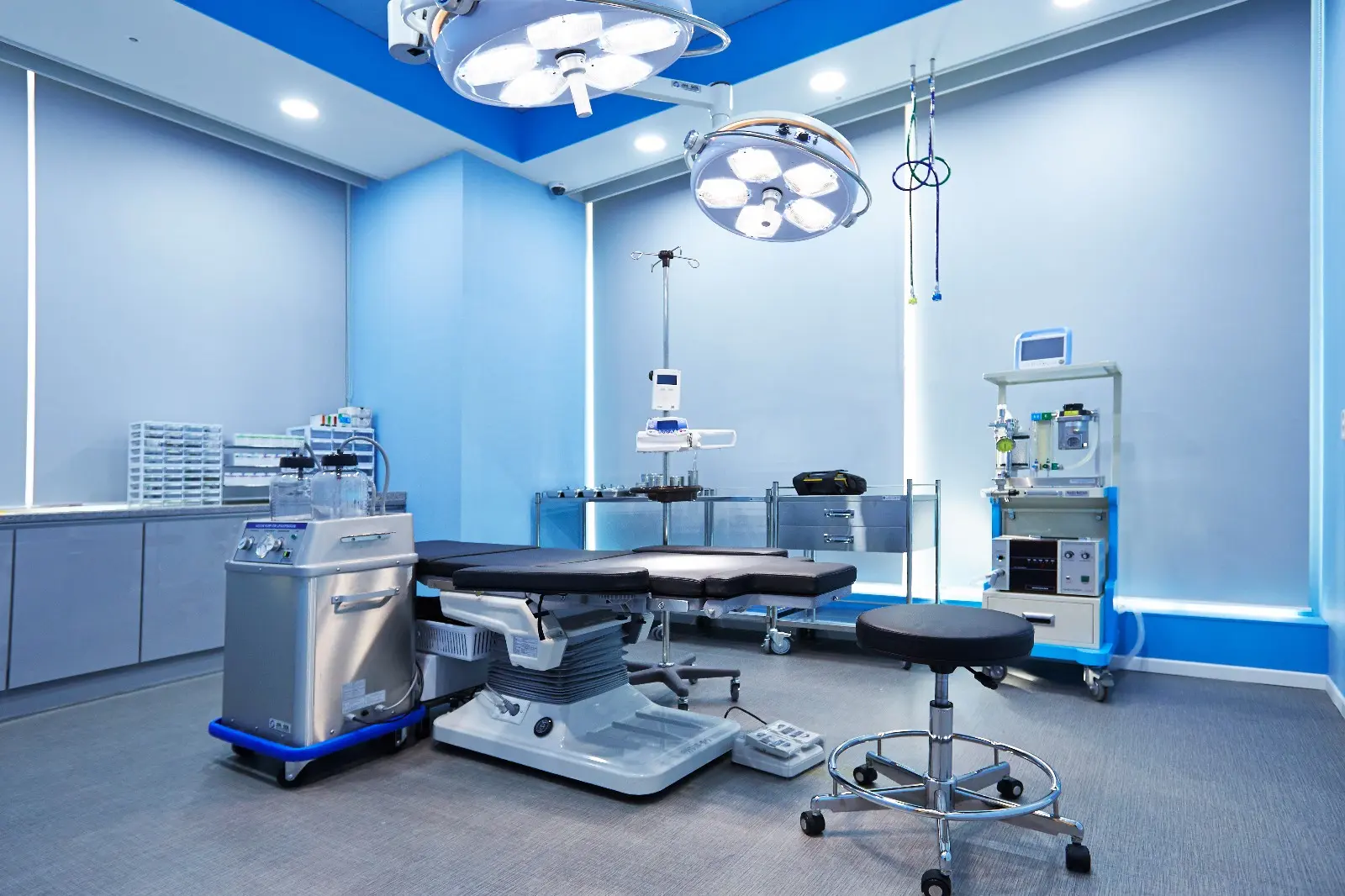When it comes to preparing for surgery, one of the most critical steps is observing the pre-operative fasting guidelines. While it might seem like a formality, fasting before surgery is a crucial safety measure that applies to all types of anesthesia, including local anesthesia. Let's dive into why this is the case and what it means for patients.
The Risks of Anesthesia
Regardless of the type of anesthesia administered, there are inherent risks involved. One of the primary concerns is the potential for regurgitation and aspiration, where stomach contents can be drawn into the windpipe and lungs. This can lead to serious complications, such as aspiration pneumonia.
Local Anesthesia and the Need for Fasting
Even when a patient is under local anesthesia and remains conscious, the risk of regurgitation does not disappear. During procedures, there is a chance of an anesthetic toxicity, which could necessitate airway management, including endotracheal intubation. This process can trigger the gag reflex and lead to vomiting, increasing the risk of aspiration.
Allergies and Anesthetic Agents
Another factor to consider is the possibility of an allergic reaction to the anesthetic agent. While mild allergies may result in itching or hives, severe reactions can progress to anaphylactic shock. In such cases, intubation becomes necessary, which again, poses the risk of aspiration.
The Importance of Following Guidelines
To minimize these risks, it's essential to adhere to the fasting guidelines provided by healthcare professionals. These guidelines are designed to ensure that your stomach is as empty as possible before surgery, reducing the volume of stomach contents that could potentially be aspirated.
What Patients Should Do
Patients should communicate any concerns or questions about fasting to their healthcare team. It's also important to understand that fasting guidelines are not arbitrary rules but are based on medical evidence and are in place to protect patients.
Going Under the Knife Safely
As you prepare for your surgical procedure, remember that your safety is the top priority. Fasting before surgery, regardless of the type of anesthesia, is a simple yet effective way to reduce the risks associated with anesthesia. By following these guidelines, you're playing an essential role in ensuring a safer surgical experience.




